News
Spotlight on sepsis
View(s):- Early treatment crucial, as first hour is critical for effective intervention
By Kumudini Hettiarachchi
Twenty-four-year-old Sampath* was writhing with sudden pain in his stomach. There was fever too and when he was rushed to hospital, the diagnosis was a ruptured appendix.
His condition deteriorated quickly, requiring emergency surgery to remove the infected appendix, followed by a stay in the Intensive Care Unit (ICU), with ventilation (support to breathe) and antibiotics.
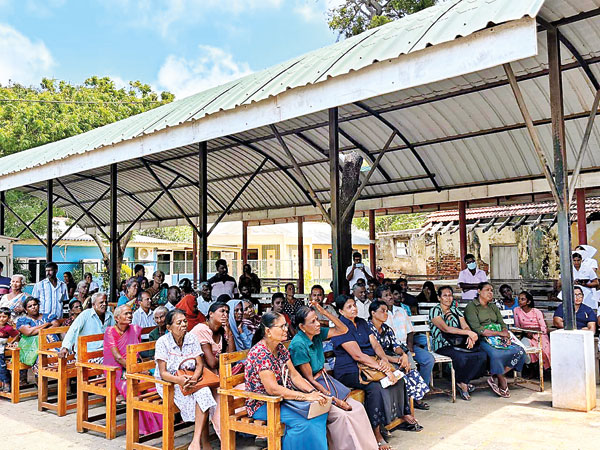
An awareness programme on sepsis at the National Hospital of Sri Lanka (NHSL), Colombo
Severe Sampath’s illness had been but early diagnosis, swift medical intervention and expert care in the ICU put him on the path to a full recovery. The bug that caused Sampath’s illness is tiny and not visible to the naked eye. Sampath survived, however, many men, women and children become victims of these bugs’ trail of severe disease and death.
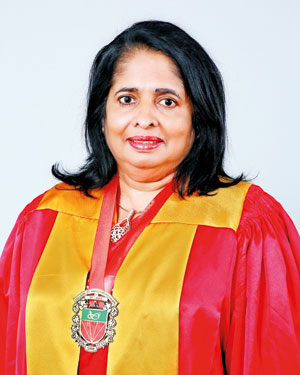
Dr. Vinodini Wanigasekera
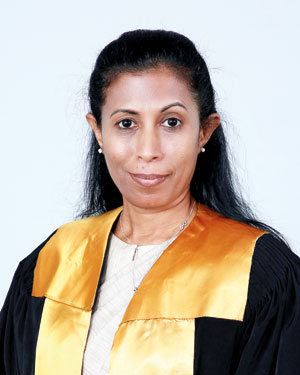
Dr. Nandika Wanigasinghe
It is deadly sepsis – and this is why two groups of medical specialists, one heading ICUs and very much part of the Operating Theatres (OTs) and the other with their eye glued to microscopes in hospital laboratories, have joined forces on behalf of these hapless patients.
The College of Anaesthesiologists and Intensivists of Sri Lanka (COAISL) guided by Dr. Vinodini Wanigasekera and the Sri Lanka College of Microbiologists (SLCM) guided by Dr. Malika Karunaratne are steering the Sri Lanka Sepsis Alliance (SLSA) launched in 2023 to get everyone, including the public, on board to keep sepsis at bay.
Concerted efforts are being taken by the SLSA Interim Committee led by COAISL’s Faculty of Critical Care Medicine Head Dr. Nandika Wanigasinghe and SLCM activist Dr. Mahen Kothalawala with the ultimate aim of forming a broader multidisciplinary alliance to battle sepsis.
This is while powerful activities are being carried out by the COAISL across the country to drive home the message against sepsis.
Marked in red as a ‘global health crisis’, the data on sepsis are disturbing. According to the Global Sepsis Alliance (GSA):
- Sepsis leads to the deaths of at least 11 million people worldwide each year, while affecting 47-50 million people.
- This is a staggering death rate of 1 person every 2.8 seconds.
- Sepsis is also linked to 1 in every 5 deaths globally.
- The consequences of sepsis go beyond mortality (death), with survivors frequently facing long-term health challenges and complications.
The GSA, a part of which is the SLSA, had designated September 13 as ‘World Sepsis Day’ and the month of September to enhance awareness about sepsis.
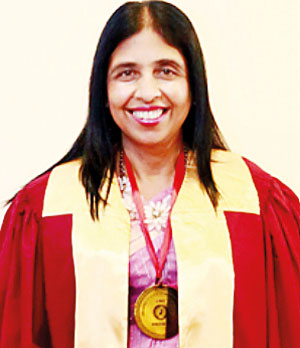
Dr. Malika Karunaratne
Stressing the importance of recognizing sepsis early and acting swiftly to save lives, COAISL President Dr. Wanigasekera told the Sunday Times that the treatment of sepsis is very much a multidisciplinary effort on the part of health staff.
This is why to commemorate World Sepsis Day, even amidst the excitement of the Presidential Election, the SLSA held the ‘Sepsis mini-congress’ bringing together experts from various fields to discuss and promote strategies to combat sepsis.
Other activities throughout the year have included a paediatric sepsis workshop at the Lady Ridgeway Hospital (LRH), Colombo, in April; a workshop on the nurses’ role in sepsis at the National Hospital of Sri Lanka (NHSL), Colombo in July; the Sepsis Day virtual congress on September 13; and island-wide hospital based as well as public awareness campaigns in September.
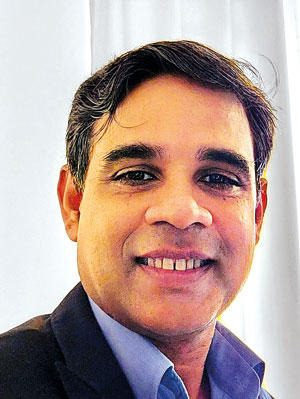
Dr. Mahen Kothalawala
“We use this opportunity to educate the public, healthcare professionals, and policymakers about the killer that is sepsis, its symptoms and the importance of prompt medical intervention,” said Dr. Wanigasekera.
Awareness is vital, she stresses, to recognize the signs of sepsis and ensure timely medical intervention to save lives and ease the enduring impacts on survivors. Tragically, 40% of those with septic shock do not survive. (See graphic)
Dr. Wanigasekera explains that sepsis could be triggered by a wide range of micro-organisms such as bacteria, viruses, fungi and parasites and also infections, which can originate from various sources in the body. “Bacteria are the most common cause, but viruses, fungi and parasites could also be culprits,” she said.
Cautioning that sometimes sepsis symptoms could mimic those of other illnesses, she says that people with recent infections or surgeries are at high risk, since infections from surgical wounds or other injuries can lead to sepsis. The need is to seek medical advice immediately, if there is a suspicion of sepsis symptoms. Early treatment is crucial, as the first hour is critical for effective intervention and a favourable outcome.
With regard to Post-Sepsis Syndrome, Dr. Wanigasekera, says that survivors may face long-term effects. These include persistent psychological issues such as anxiety and depression which can affect mental health, ongoing weakness and tiredness which hinder daily activities and problems with concentration, memory and thinking which linger.
(*Name changed to protect the patient’s identity)
| Prevent sepsis As prevention of sepsis starts with reducing the risk of infections:
Colombo Declaration on sepsis In a commendable move, the Sri Lanka Sepsis Alliance with the invaluable support of the Health Ministry had signed the Colombo Declaration last year. The declaration recognizes among other critical measures, the three pillars of infection that need to be implemented at national level – infection prevention and control; antimicrobial stewardship; and early recognition and management of sepsis, by upgrading diagnostic facilities including rapid and point-of-care tests. | |
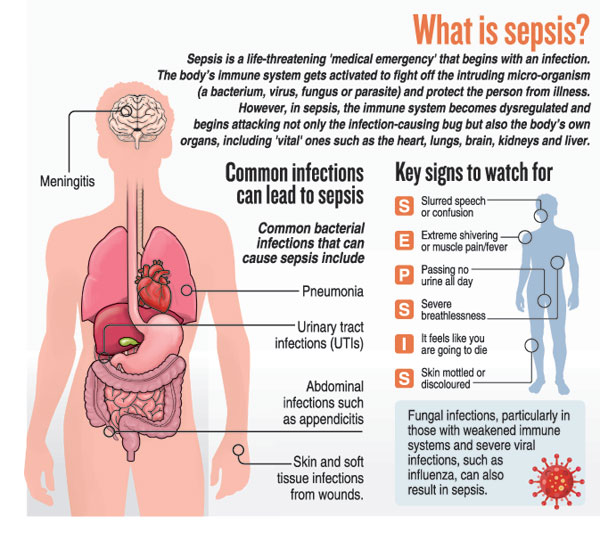
The best way to say that you found the home of your dreams is by finding it on Hitad.lk. We have listings for apartments for sale or rent in Sri Lanka, no matter what locale you're looking for! Whether you live in Colombo, Galle, Kandy, Matara, Jaffna and more - we've got them all!

